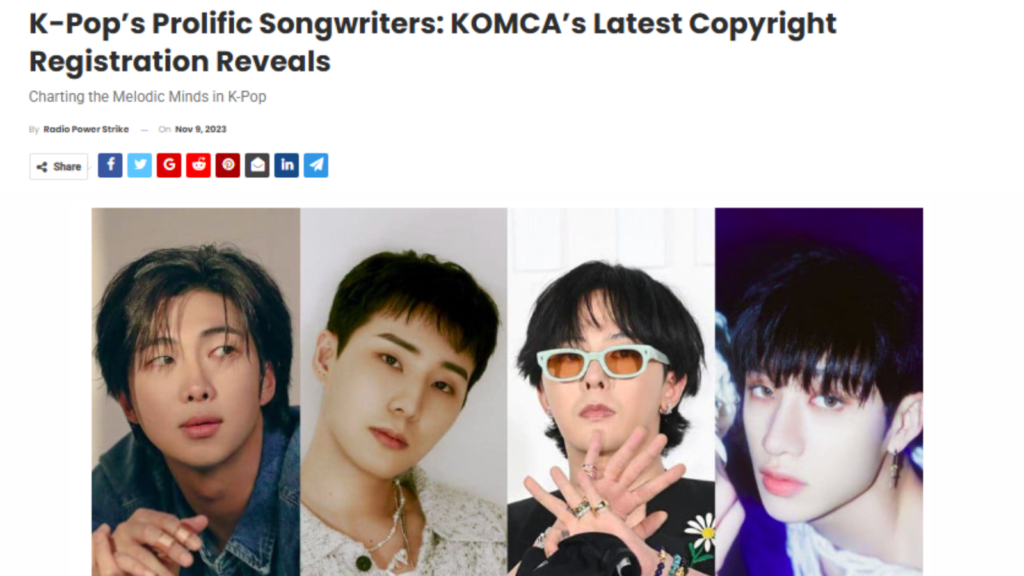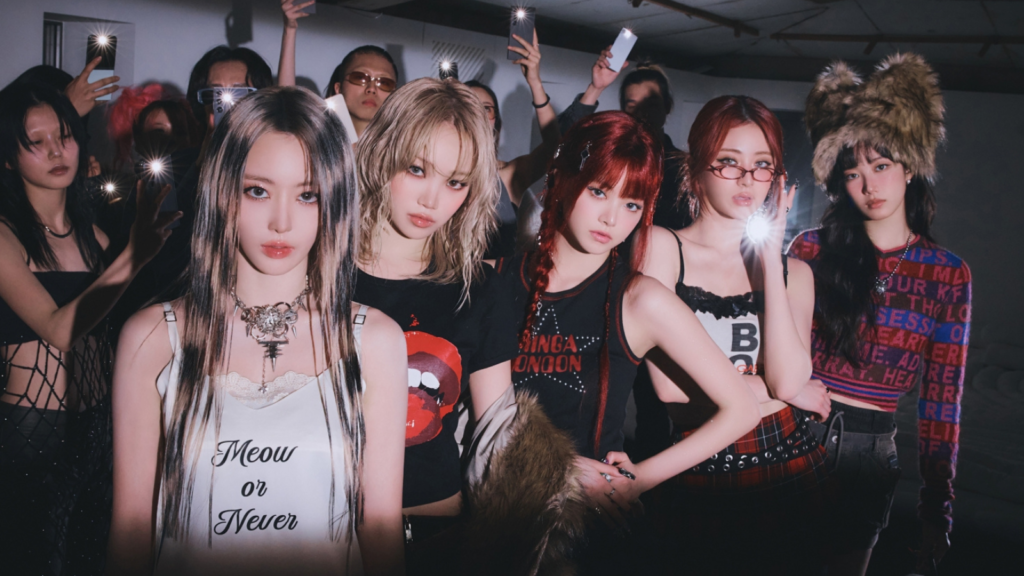The Rise of Songwriting Idols in K-Pop

Published February 21, 2025
K-Pop has evolved significantly over the years, and one of the most noticeable trends today is the growing emphasis on idols writing their own music. While this might seem like a given in Western music, it wasn’t always the norm in K-Pop. Traditionally, idols were primarily performers, singing and dancing to songs composed by professional producers. However, in recent years, more and more idols have taken an active role in songwriting and production, a shift that has changed the landscape of the industry.
The BTS Influence
One of the biggest catalysts for this change is undoubtedly BTS. The members have been heavily involved in the creation of their music, with almost their entire discography featuring their songwriting contributions. The only exceptions are a few tracks like Dynamite and Permission to Dance, which they chose not to co-write.
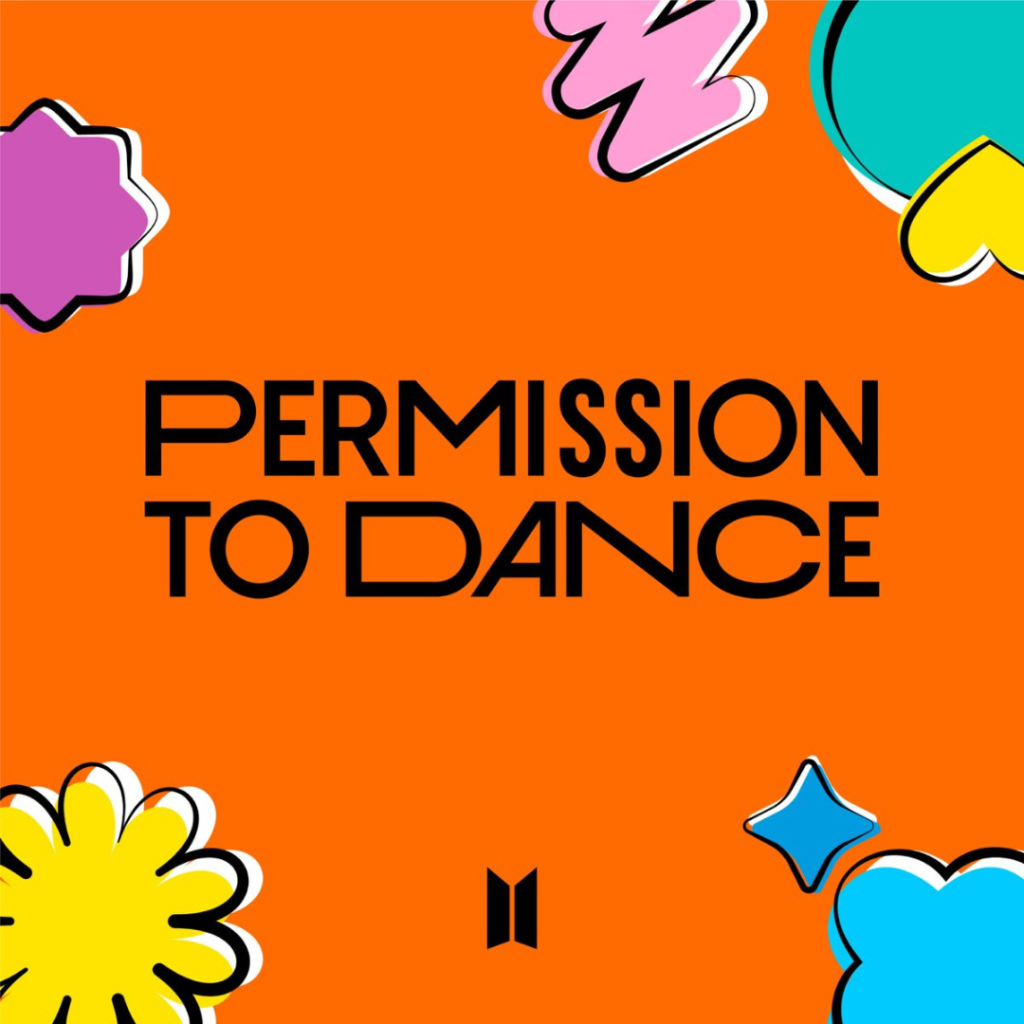
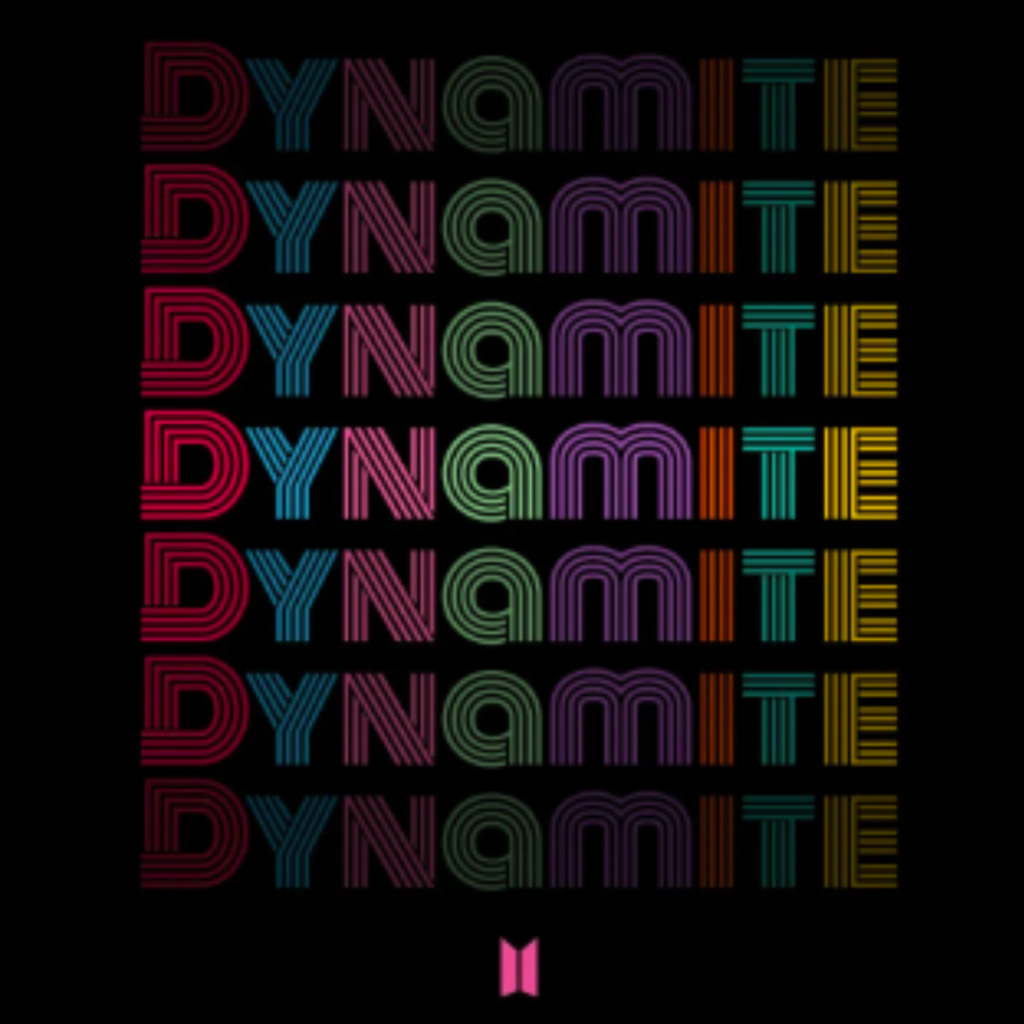
BTS’s success has inspired both fans and other idols to see the value in artist-driven music.
ARMY, BTS’s dedicated fanbase, has proudly highlighted their songwriting involvement, often using it as a benchmark to compare other idols. This has fueled discussions about authenticity in K-Pop, with some questioning whether idols who don’t write their own songs can truly be considered artists. However, it’s important to note that for much of K-Pop history, idols have traditionally worked with external songwriters. Groups like Girls’ Generation, TVXQ, and 2NE1 followed this model, with only a few members gradually contributing to songwriting over time.
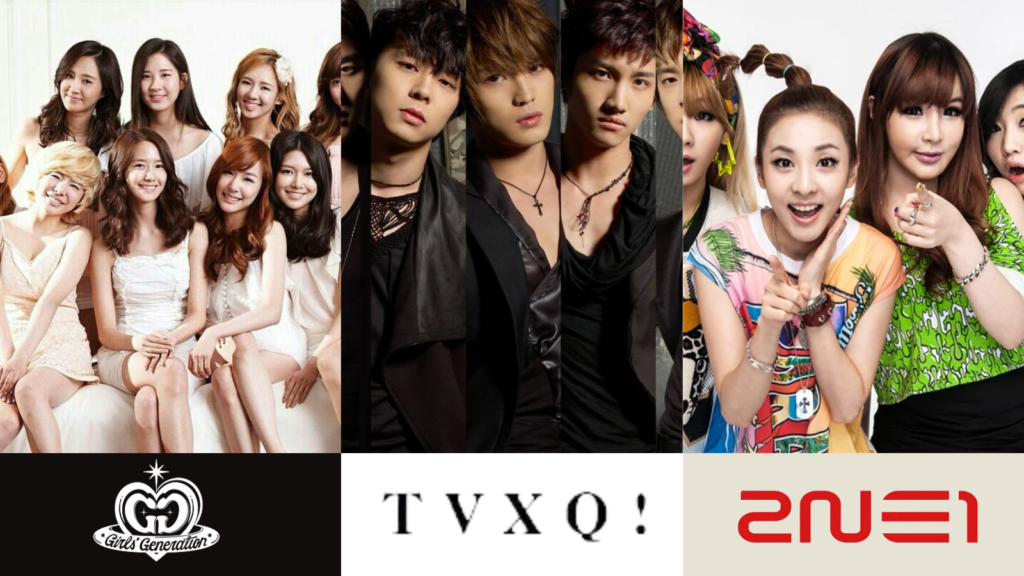
The Shift in Industry Standards
The shift toward idol participation in songwriting didn’t happen overnight. In the second-generation K-Pop era, YG Entertainment played a major role in pushing this trend, particularly with G-Dragon of BIGBANG. Initially, G-Dragon had limited involvement in songwriting, but by his second album, he became one of the leading idols contributing to his own music.
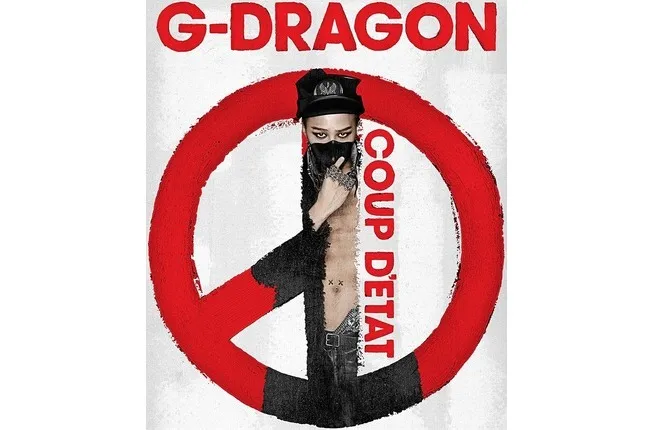
YG marketed BIGBANG as “the artists among idols,” setting a precedent that later groups would follow.
Today, several idols have racked up impressive songwriting credits. VIXX’s Ravi currently holds the record for the most songwriting credits among idols with 239, followed closely by BTS’s RM with 238. Suga, J-Hope, and even the BTS vocal line have also expanded their songwriting portfolios. Among female idols, Moonbyul of MAMAMOO stands out with extensive contributions to her group’s music, particularly in crafting her own rap lines and working on compositions.
A Broader Music Industry Perspective
While idol participation in songwriting is celebrated in K-Pop, the global music industry has its own challenges. In the U.S., it’s not uncommon for major pop stars to take credit for songs they didn’t actually write. Songwriters have spoken out about how big-name artists demand credit as co-writers or producers as a condition for recording their songs. This practice, while profitable for the stars, often takes away royalties from the actual songwriters.
In contrast, K-Pop is moving in the opposite direction, with more idols genuinely involved in the creative process. This trend is helping to reshape the perception of idols as not just performers but as full-fledged artists. While there will always be performers who rely on external songwriters, the increasing number of idols taking ownership of their music is a promising sign of artistic growth within the industry.
The Future of K-Pop Songwriting
As more idols gain creative control over their music, we can expect a wider variety of sounds and artistic expressions in K-Pop. While not every idol may become a prolific songwriter, the industry is gradually shifting toward recognizing and valuing idol contributions beyond performance. Whether influenced by BTS, BIGBANG, or other pioneers, this movement marks an exciting evolution in K-Pop’s history, proving that idols can be more than just entertainers—they can be true artists.
